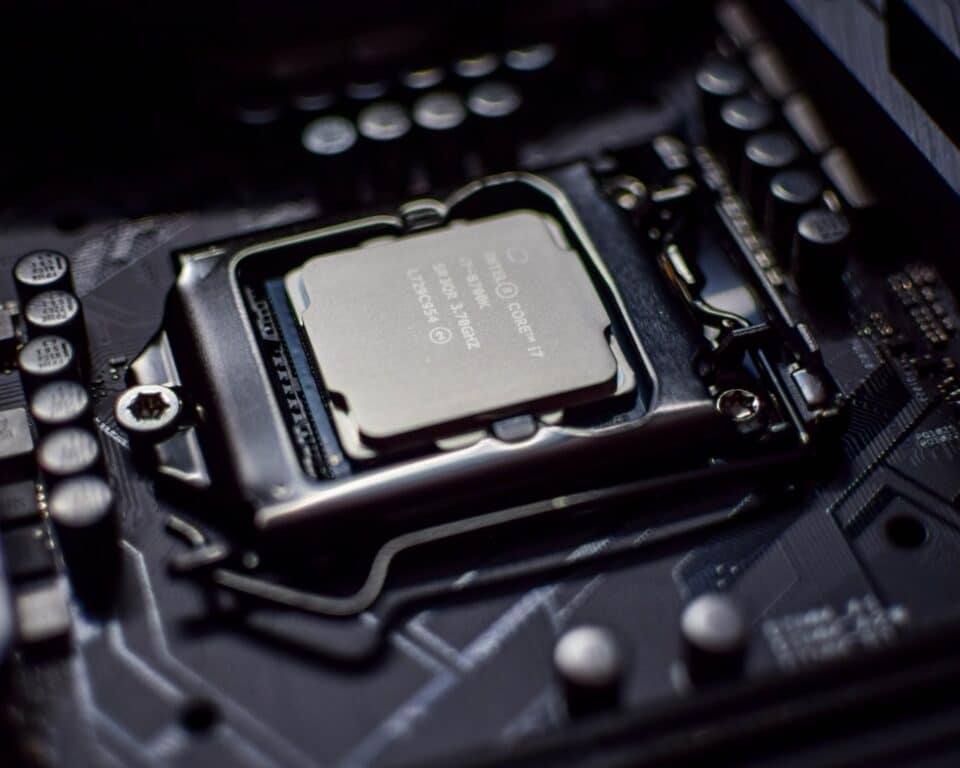The central processing unit (CPU) is the brain of a computer and is a crucial component in determining the overall performance of the system. When choosing a CPU, there are several factors to consider, including clock speed, number of cores, cache size, and compatibility with your existing components.
Table of Contents
Clock Speed
Clock speed, measured in GHz (gigahertz), refers to the number of clock cycles the CPU can complete in one second. It is one of the most straightforward metrics for determining the performance of a CPU. The higher the clock speed, the faster the CPU can process instructions. However, it is important to note that clock speed is just one of several factors that determine a CPU’s overall performance.
Number of Cores
A core is a separate processing unit within the CPU. The more cores a CPU has, the more tasks it can handle simultaneously. This is particularly important for multi-threaded applications, such as video editing, 3D rendering, and gaming. A quad-core CPU can handle four threads at once, while an octa-core CPU can handle eight threads.
Cache Size
Cache is a type of memory that is built into the CPU to store frequently accessed data. The more cache a CPU has, the faster it can access this data, leading to improved performance. L1 cache is the fastest but smallest, while L2 cache is slower but larger. L3 cache is even larger and slower, but it can help improve performance by reducing the number of requests to the main memory.
Compatibility
It is important to ensure that the CPU you choose is compatible with your existing components, including the motherboard, memory, and power supply. Ensure that the socket type on the motherboard is compatible with the CPU and that the memory and power supply can support the CPU’s power requirements.
Budget
Finally, consider your budget when choosing a CPU. High-end CPUs can cost several hundred dollars, while budget options can cost significantly less. It is important to find a balance between performance and budget that meets your needs.
In conclusion, choosing the right CPU for your computer requires careful consideration of several factors, including clock speed, number of cores, cache size, compatibility, and budget. By taking the time to understand these factors, you can ensure that you choose a CPU that will meet your needs and provide the performance you require.
Power Consumption
Power consumption is another important factor to consider when choosing a CPU. High-end CPUs can consume a lot of power, which can lead to increased energy bills and the need for a more powerful power supply. It is also important to consider the thermal design power (TDP) of a CPU, which is a measure of the maximum amount of power it can consume. The TDP affects the cooling requirements of a CPU, with higher TDP CPUs requiring more powerful cooling solutions.
Brand
There are several brands that manufacture CPUs, including Intel, AMD, and ARM. Each brand has its own strengths and weaknesses, and it is important to consider these when choosing a CPU. Intel is known for its high-end processors and is a popular choice for gamers and content creators. AMD is known for offering good value for money, with a range of budget and high-end CPUs. ARM processors are commonly used in mobile devices, but are also used in some low-power computers.
Overclocking
Overclocking is the process of increasing the clock speed of a CPU beyond its rated speed to improve performance. While overclocking can improve performance, it can also lead to increased power consumption and higher temperatures. Overclocking requires a CPU that is unlocked, and not all CPUs support this feature. It is also important to consider the cooling requirements of an overclocked CPU and the warranty implications of overclocking.
Conclusion
In conclusion, choosing the right CPU for your computer requires careful consideration of several factors, including clock speed, number of cores, cache size, compatibility, budget, power consumption, brand, and overclocking. By taking the time to understand these factors, you can ensure that you choose a CPU that will meet your needs and provide the performance you require. Whether you are building a new computer or upgrading an existing system, choosing the right CPU is essential for getting the most out of your computer.

